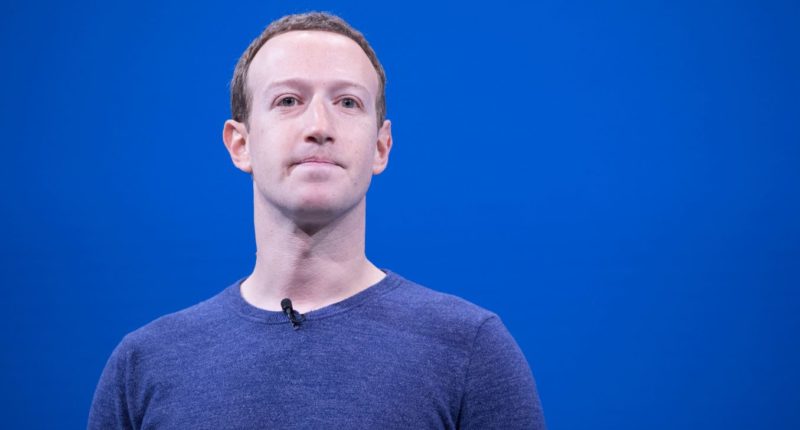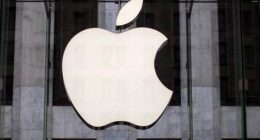Ever since Mark Zuckerberg first came out with the announcement of the Facebook metaverse, the company has been pushing on all cylinders. It has already announced plans of hiring 10,000 people within the European Union over the next five years to bring this vision to life and has a dedicated team that is working on the metaverse exclusively. In fact, Facebook CEO Mark Zuckerberg expects Facebook, the undisputed king of social media, to transition from a social media company to a “metaverse company” in the future.
Thus, it comes as no surprise that in pursuit of this goal, Facebook has reportedly decided to go for a rebrand and change its company name to something that will reflect its focus on building the metaverse, according to a report by The Verge.
The new name shall be unveiled at Facebook’s annual Connect conference on October 28, the report states. However, there’s a chance that the announcement could come earlier as well. The rebranding will likely place the main platform ‘Facebook’ as one of the numerous products under a parent company, which oversees other spheres such as Instagram and Oculus as well.
Facebook is certainly not the first firm to rebrand itself – Google and Snapchat have done the same earlier. While Google established Alphabet as a holding company in 2015 to signal its growth from the leading search engine to an entity that has a presence in the autonomous vehicle and health tech industries, Snapchat rebranded itself as a “camera company” one year later.
What is the metaverse? In simple terms, it is the creation of digital worlds that people can inhabit at the same time, consisting of persistent, shared, 3D virtual spaces which are, in turn, linked into a perceived virtual universe. It is touted to be the next generation of the internet and a “virtual environment where you can be present with people in digital spaces,” and you can interact with them easily. The Metaverse would be accessible from all headsets and devices as well.
As Zuckerberg has highlighted, it is a key component of Facebook’s future. The company already has over 10,000 employees engaged in building consumer hardware like AR glasses, which are believed (by Zuckerberg) to be as ubiquitous as smartphones.





